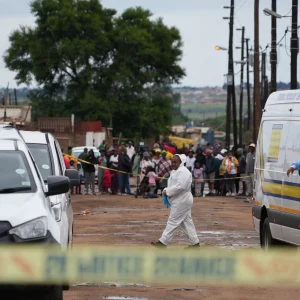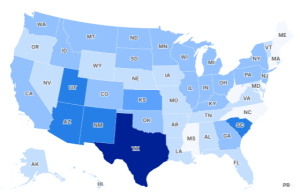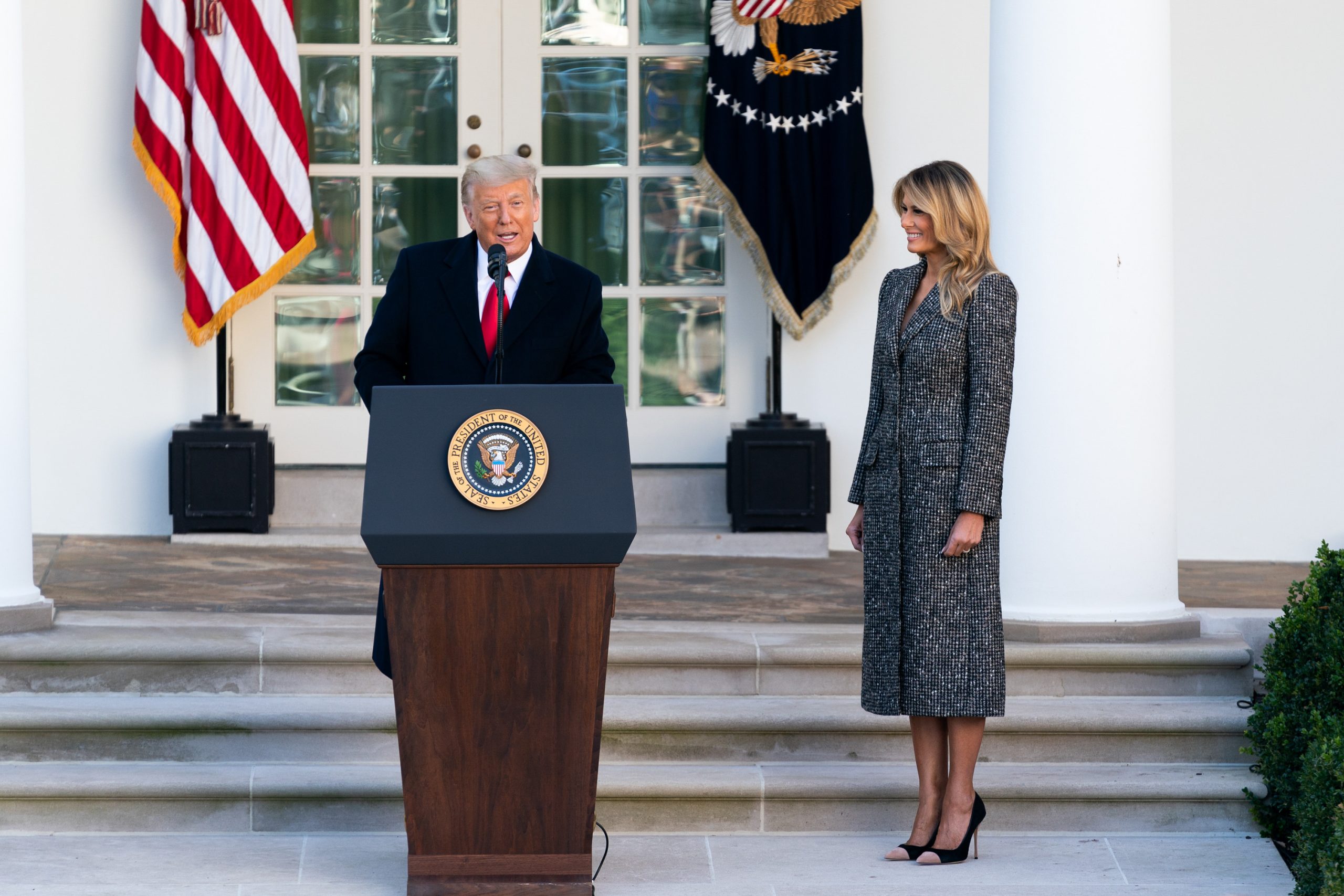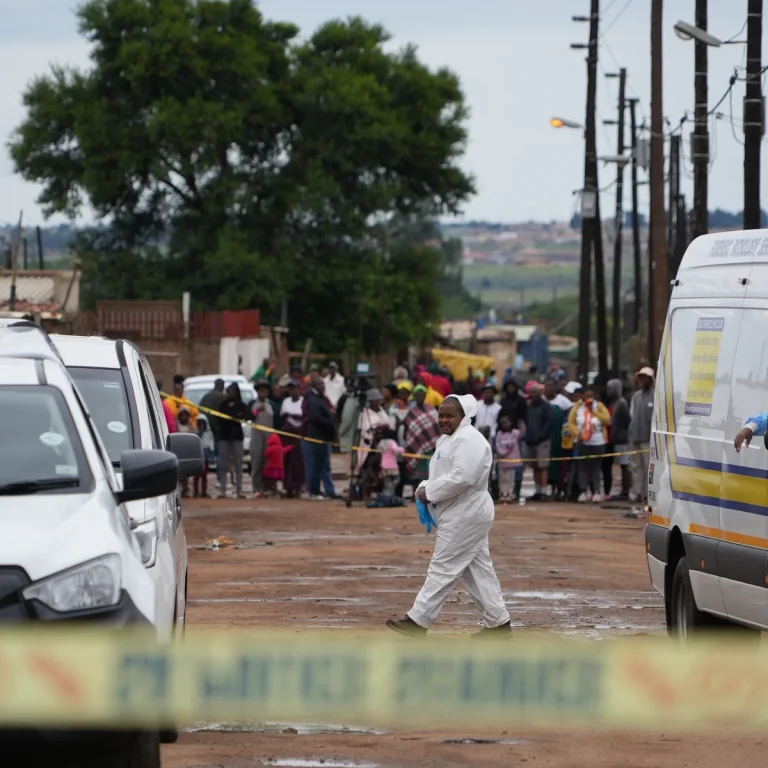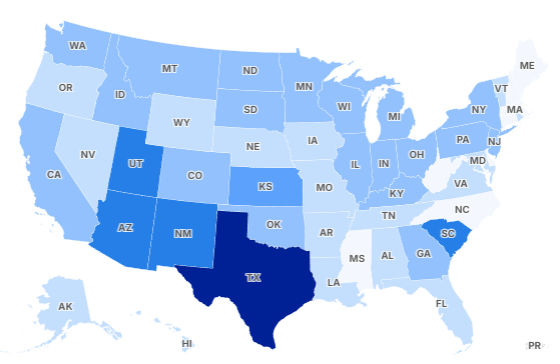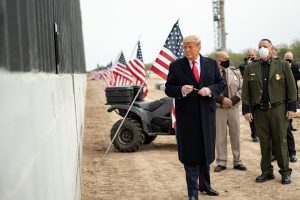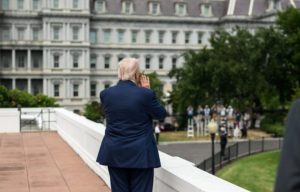As the countdown to the 2028 Summer Olympics in Los Angeles gains momentum, the federal government is ramping up its involvement in organizing the games, signaling a more assertive role in shaping the domestic and international framework for the event. On Tuesday afternoon, President Donald Trump signed an executive order establishing a dedicated White House task force to oversee Olympic preparations, with a focus on interagency coordination and infrastructure support.
The executive order, signed during a press conference at the South Court Auditorium, outlines the creation of a federal body that will work alongside the U.S. Olympic and Paralympic Committee and state officials in California. The task force is tasked with managing logistical support, public safety coordination, and diplomatic arrangements to ensure that the Games—scheduled to begin in July 2028—reflect what the president called “the finest of American excellence and fairness.”
Speaking to the media at the event, President Trump praised USOPC President Gene Sykes and members of the Olympic Committee for their support of federal guidelines aimed at protecting fairness in women’s sports. He reaffirmed his administration’s commitment to what he described as “upholding the integrity of women’s athletics on the world’s biggest stage.”
But it was during the Q&A portion of the event that Trump made his most headline-grabbing comments. When asked about the administration’s stance on transgender athletes participating in women’s Olympic events, particularly in combat sports like boxing, the president stated:
“There will be a very, very strong form of testing, and if the test doesn’t come out appropriately, they won’t be in the Olympics.”
Pressed on whether his administration would consider prosecution of transgender athletes under existing fraud or misrepresentation statutes, Trump replied, “As far as charges, I’d have to ask the attorney general about that. I don’t know.”
The president’s remarks included the suggestion of a mandatory one-time sex verification test for every female Olympic athlete competing in 2028, a proposal that has already drawn sharp criticism from international observers and advocacy groups. The policy, while not yet formalized in written regulation, is expected to become a major point of contention in the global conversation on transgender inclusion in sports.
Trump also directly addressed the participation of transgender women in female events, saying:
“The United States will not let men steal trophies from women at the 2028 Olympics.”
The comments echo previous statements made by the president regarding the protection of “biological women’s categories” and reflect a broader political stance that has become a defining feature of his domestic policy agenda.
The issue of gender eligibility in Olympic competition has intensified in recent years, especially following the controversy surrounding Algerian boxer Imane Khelif at the Paris 2024 Games. Khelif, who won gold in the women’s welterweight division after defeating China’s Yang Liu, faced scrutiny after past gender eligibility concerns resurfaced.
Khelif had previously been disqualified from the 2023 World Championships following an unspecified failed gender eligibility test. While the International Olympic Committee confirmed she met the required criteria to compete in Paris, her participation triggered online backlash and legal disputes. Khelif and her legal team reportedly filed a criminal complaint against Twitter (now X) over alleged cyber harassment and defamatory content.
In the months following the Olympics, World Boxing—the new amateur boxing governing body—announced that Khelif would be required to undergo additional gender eligibility testing in order to compete in future events.
President Trump’s remarks on the subject underscore how the issue continues to evolve, with high-profile athletic contests increasingly intersecting with global political narratives. His administration’s proposed testing mandate may provoke diplomatic friction with international partners and athletic federations, particularly given the IOC’s existing framework on gender inclusion.
For now, the White House insists its position reflects a commitment to competitive fairness and athlete safety. Still, the move is likely to be challenged both legally and politically in the months ahead, as preparations for the 2028 Olympics enter a new—and more controversial—phase.

Emily Johnson is a critically acclaimed essayist and novelist known for her thought-provoking works centered on feminism, women’s rights, and modern relationships. Born and raised in Portland, Oregon, Emily grew up with a deep love of books, often spending her afternoons at her local library. She went on to study literature and gender studies at UCLA, where she became deeply involved in activism and began publishing essays in campus journals. Her debut essay collection, Voices Unbound, struck a chord with readers nationwide for its fearless exploration of gender dynamics, identity, and the challenges faced by women in contemporary society. Emily later transitioned into fiction, writing novels that balance compelling storytelling with social commentary. Her protagonists are often strong, multidimensional women navigating love, ambition, and the struggles of everyday life, making her a favorite among readers who crave authentic, relatable narratives. Critics praise her ability to merge personal intimacy with universal themes. Off the page, Emily is an advocate for women in publishing, leading workshops that encourage young female writers to embrace their voices. She lives in Seattle with her partner and two rescue cats, where she continues to write, teach, and inspire a new generation of storytellers.
